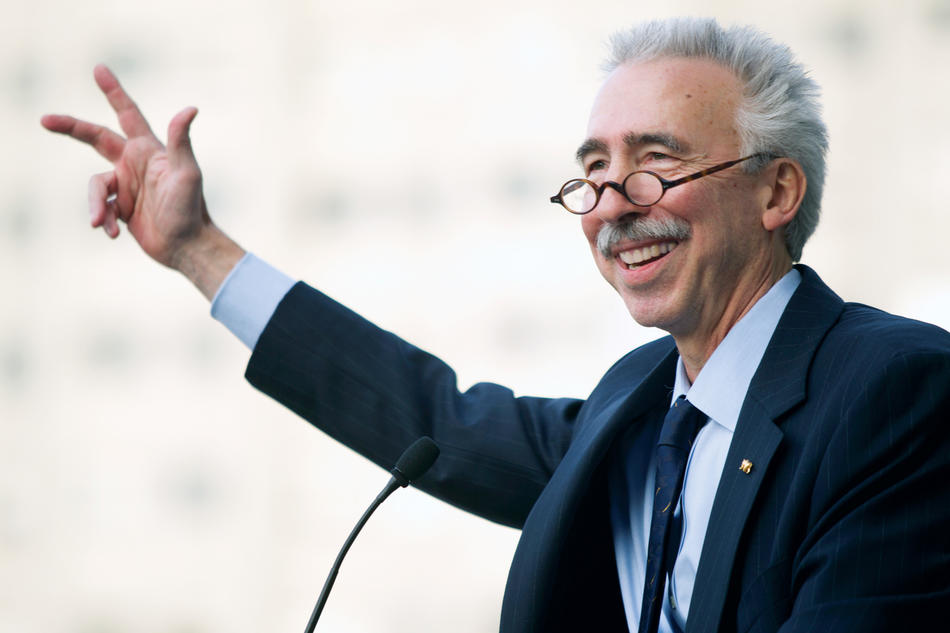Nicholas Dirks, the executive vice president and dean of the Faculty of Arts and Sciences at Columbia since 2004, has been named the next chancellor of the University of California, Berkeley.
This summer, he will leave Morningside Heights to take over the University of California system’s most prestigious institution, located across the bay from San Francisco.
“I’m deeply honored, and humbled, by this opportunity,” says Dirks. “At the same time, I’m going to miss Columbia enormously. I’ve loved this place.”
At UC Berkeley, Dirks faces the formidable task of upholding that institution’s standing as the top-ranked public university in the US while keeping it accessible to low- and middle-income California residents. State funding for the University of California system has dwindled in recent years, which has led to tuition hikes and a shift toward enrolling more out-of-state students. In response, students have staged large protests at several campuses, including UC Berkeley’s.
“The necessity to relate well with students and other stakeholders at UC Berkeley is especially relevant given the campus’ storied history of political activism,” wrote the editors of the Daily Californian, Cal’s independent student newspaper, in a recent editorial. “Everything we know about Dirks so far suggests that he is up to the task.”
Dirks, who is known at Columbia as a warm and approachable figure, was recruited here to chair the anthropology department in 1997. He rebuilt the department, complementing its traditional strength in archaeology with a new focus on social, cultural, and historical studies. An expert on South Asia and the effects of British colonialism, Dirks also made the department more international, hiring many professors from parts of the world that have “typically been the objects, rather than the subjects, of anthropological inquiry,” as he once said.
As executive vice president of Arts and Sciences, a position in which Dirks has overseen the operation of six schools — Columbia College, the School of General Studies, the School of International and Public Affairs, the School of the Arts, the School of Continuing Education, and the Graduate School of Arts and Sciences — he implemented changes that have brought more coordination to budgetary and hiring decisions.
“Nick was centrally important to sustaining and improving our academic excellence, building and expanding interdisciplinary programs, improving our capacity to be a diverse community, expanding our sources of revenue, and all the while being a friend of us all,” wrote President Lee C. Bollinger in a statement on November 8. “While we will miss Nick deeply and are extremely grateful for all he has done for Columbia, we also take great pride in his appointment.”



